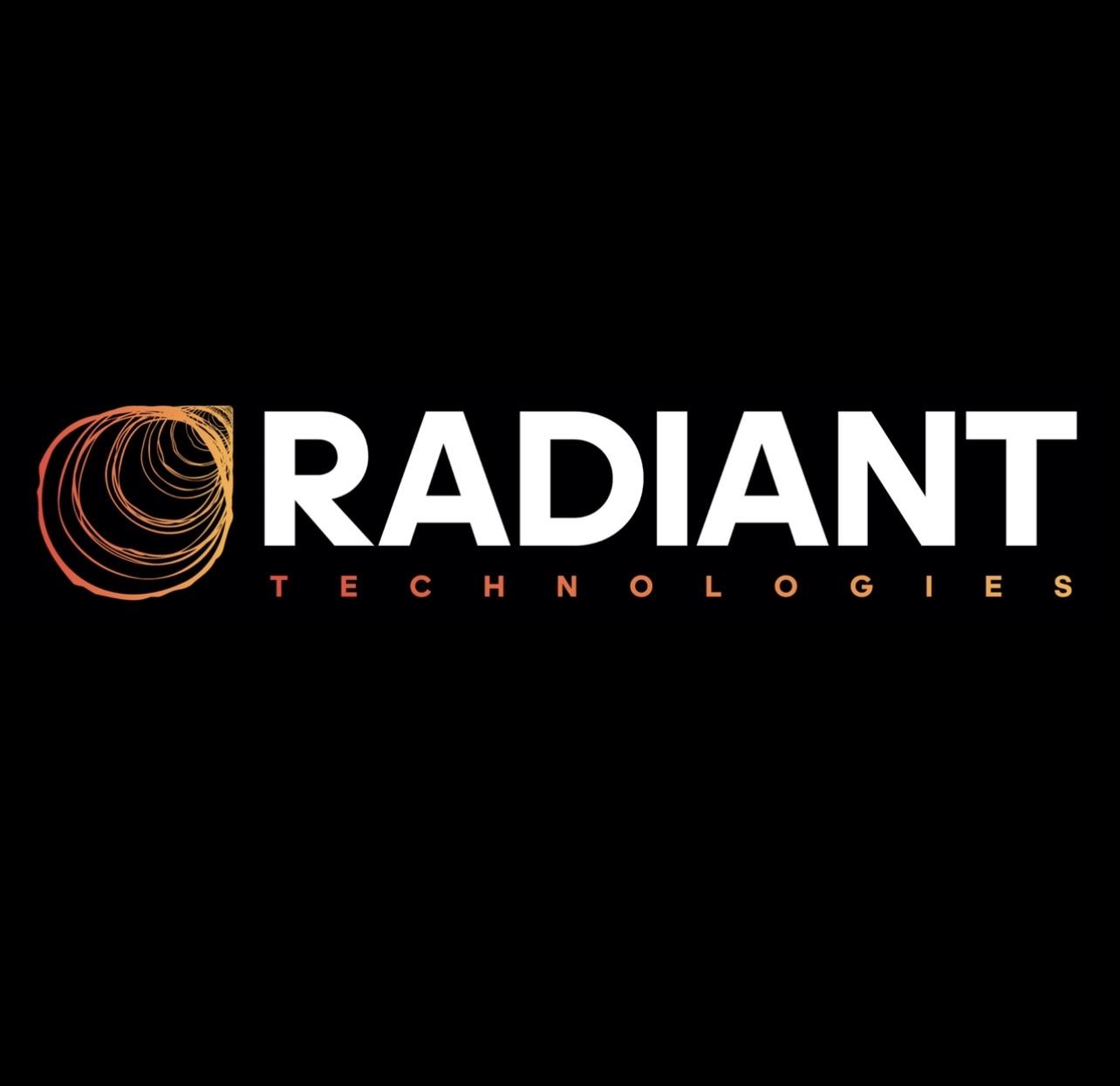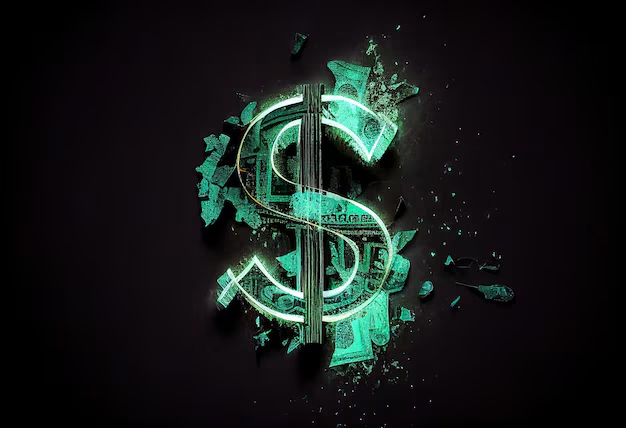AI may be facilitating a new chapter in ad tech fraud, but it is not in a manner that the industry is prepared for.
According to DoubleVerify, which has been monitoring the activity since January, generative AI content factories are stealing publishers’ ads.txt files to hijack ad revenue.
The technology company has been conducting an investigation into what it has termed “AI slop sites and networks,” including one known as “Synthetic Echo.” This entity employs generative AI to mass-produce content and spoof ads.txt files in order to siphon revenue from legitimate publishers.
READ MORE: Jony Ive’s Design Venture Is Acquired By OpenAI For $6.5 billion
These sites are populated with low-quality, AI-generated content that is scraped from other reputable publisher sites, including headlines, images, and formatting. The purpose of this is to recreate the site on a fake domain that appears nearly identical, in order to drive ad revenue.

DV has discovered URLs such as https://nbcsportz.com/, espn24.co.uk, cbsnews2.com, and 247bbcnews.com that are intended to deceive ad tech vendors and consumers by imitating reputable publishers by scraping their content. These websites have been displaying advertisements for several months.
According to the most recent findings of DV, fraudsters are now implementing even more daring strategies, such as copying and pasting entire ads.txt entries onto their pages to create the illusion of being trusted publishers to major ad-buying platforms. So far, it has identified 100 sites that resemble this.
The technology company has released its most recent findings in a seven-page document that provides guidance to publishers and marketers on how to resolve the issue. The document includes recommendations on how publishers should continue to actively audit their ads.txt files and ensure that they maintain a strong relationship with only trusted vendors.
It is an old narrative with a novel variation. The same old ad tech problem: deception in fresh packaging—may be concealed beneath the shiny new layer of AI.

Gilit Saporta, the vice president of product management at DoubleVerify’s Fraud Lab, has been monitoring digital fraud for decades. She stated that generative AI is exacerbating the current problems. “It is ad tech fraud schemes on steroids, as gen AI enables the amplification and replication of a malicious website that has been established to disseminate fake news, hate speech, or simply to monetize the traffic that can be sold on this side, regardless of whether it is genuine or bot traffic,” she stated.
In other words, generative AI has not introduced new categories of ad tech fraud; rather, it has facilitated the execution and scaling of the existing ones at an unprecedented pace. “Gen AI has made it significantly simpler to create a site that appears credible and to replicate it on 1,000 or 10,000 sites per day,” Saporta continued. This year, we are not necessarily observing an increase in the sophistication of schemes; however, we are observing a significant increase in the scope,” she stated.
READ MORE: An AI Chatbot Is To Be Integrated Into Google Search
Thomas Lue Lytzen, director of ad sales and tech at Danish tabloid Ekstra Bladet, expressed his extreme concern regarding the continued abuse of premium news publishers by fraudulent actors in the ad ecosystem. “It is even more pertinent for advertisers to collaborate with whitelists of high-quality publishers rather than relying on the buying algorithms to select them.”

In 2017, the IAB Tech Lab introduced Ads.txt as a potential solution to assist purchasers in determining which publishers are authorized to sell inventory. Although it is not a panacea for combating unethical practices, it has aided numerous publishers in reducing the number of unauthorized resellers, with the expectation that a greater portion of the ad purchases will be allocated to the publishers rather than being squandered.
Hamish Nicklin, who was the Chief Revenue Officer of Guardian News and Media during his tenure as Chief Revenue Officer, emphasized that programmatic has always been a game of whack-a-mole and that this is simply the evolution of the game. Nicklin was particularly vocal about the malpractices of ad tech during his tenure.
He stated, “Let’s be clear: this is not an AI problem; it’s an ad tech problem,” when describing the most recent issue with what DV has termed ads.txt plagiarism. The pipelines continue to be exceedingly susceptible to manipulation. He further stated that advertisers must embrace the associated risk in order to pursue the lowest cost-per-click (CPC) rates on the open web.
He is of the opinion that the genuine solution is for buyers to reestablish direct relationships with premium publishers and spend in secure, curated marketplaces. He will also continue to hold ad tech vendors accountable for the individuals who are admitted to the exchanges.

Other publishers share the same sentiment: that the open auction will perpetually be plagued by new issues that are nearly impossible to resolve. Pritesh Jumani, Globe and Mail’s director of ad tech and performance media and revenue, stated, “There will always be new issues that are gamed by fraudsters.”
Publishers are, of course, utilizing this opportunity to promote direct transactions. Pritesh emphasized that working directly with publishers through private auctions, preferred deals, or programmatic guaranteed not only mitigates risk but also provides buyers with greater transparency, in contrast to the murky waters of the open auction, where spoofed inventory and slop sites prosper.
The ad tech ecosystem has been plagued by inefficiencies and bad actors for years, including opaque vendor fees and fraudulent inventory that diverts ad dollars from legitimate journalism.
However, the emergence of AI-generated content factories that plagiarize the ads.txt files of legitimate publishers is a concerning development in the ongoing narrative of digital ad fraud.

The most recent DoubleVerify findings have elicited “significant concern” from both Danielle Coffey, CEO of News/Media Alliance, and Richard Reeves, managing director of the Association of Online Publishers in the UK.. And both emphasized their commitment to closely monitoring the issue and collaborating with industry shareholders, including IAB Labs, to resolve it. This article was not published due to the fact that IAB Tech Labs did not respond before the deadline.
In the end, publishers are not experiencing anything novel.
“It appears that the majority of ad tech companies that are involved in programmatic are interested in maintaining the show in its current form,” stated Alessandro de Zanche, an independent media consultant and former director of programmatic at News UK. “It is evident that we are facing a challenge: the digital advertising sink is overflowing.” However, rather than repairing the faucet, the industry is congregating around the sink to discuss the superiority of each mop.
The reason has been the most widely known secret in the industry for several years. Zanche stated, “The business models of the majority of ad tech companies would collapse if we were to repair the tap.”
Rather, he is of the opinion that the essential first step is to create advertising environments in which publishers, advertisers, and agencies, as well as their representatives, are legally identified as a prerequisite for trading. “We can then commence discussions regarding standards and continue to prune the dead branches.” “However, we do not require AI for this; rather, we require a clear intention, which should commence with SSPs and DSPs,” stated de Zanche.
Step into the ultimate entertainment experience with Radiant TV! Movies, TV series, exclusive interviews, live events, music, and more—stream anytime, anywhere. Download now on various devices including iPhone, Android, smart TVs, Apple TV, Fire Stick, and more!


